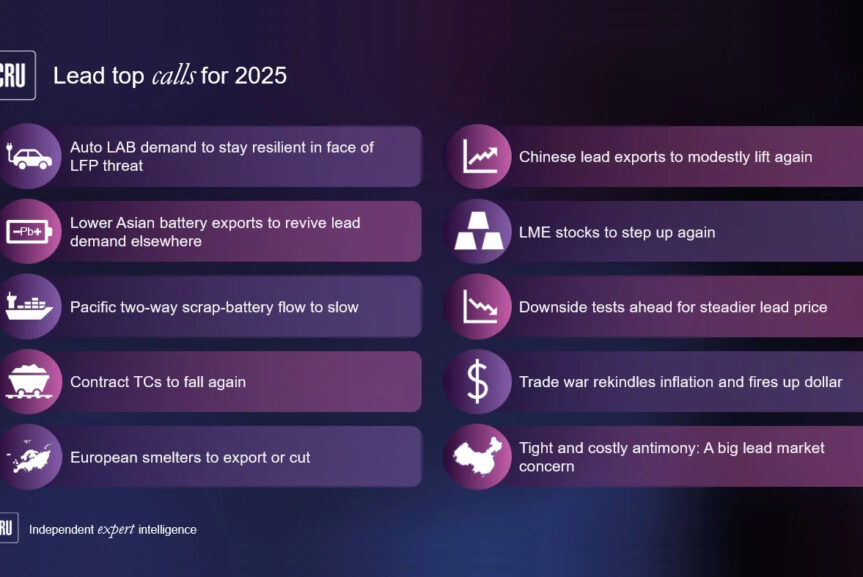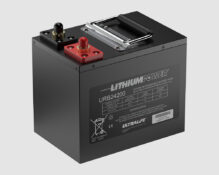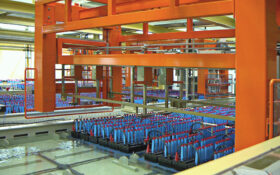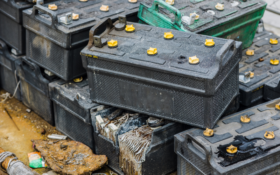The Consortium for Battery Innovation (CBI) published its technology innovation roadmap on 9 October with clear goals to increase the performance of advanced lead batteries by up to five times by 2025.
Its research and innovation targets include improving dynamic charge acceptance of lead batteries in micro and mild-hybrid cars from 0.5A/Ah to 2A/Ah.
The roadmap also aims to increase partial state of charge (PSoC) at 17.5% depth of discharge in enhanced flooded batteries from 1,500 to 3,000 in the next five years.
Plans also include improving cycle life for batteries in stationary applications to 6,000— up from 1-3,000 last year— and charge acceptance to around 95% by 2025.
Worldwide demand for battery energy storage will jump to 400,000MWh in 2025, up from 100,000MWh in 2015, according to market assessments commissioned by CBI and conducted by Christophe Pillot from Avicenne.
Dr Alistair Davidson, director of CBI, said: “We’re in the midst of a revolution in battery technologies as governments look to accelerate their move to low carbon energy sources. We need a range of high-performance batteries for different products and applications to meet this growing trend.
“Our technology innovation plan looks at a short-term boost in battery performance. But we’re also focusing on the next big leap in advanced batteries over the next decade as new forms of lead battery technology come to market.”
Dr Christian Rosenkranz, vice president Industry and Governmental Relations EMEA at Clarios and vice-chairman of CBI, said: “The reality is that all countries seeking to achieve their low carbon goals will require a range of battery technologies delivering high quality storage at a greater scale than we’ve ever seen before.”
A significant portion of the consortium’s members and partners operate in Europe, including battery manufacturers Clarios, EnerSys, Exide, Hoppecke, Banner and Moll, to industry suppliers Hammond, Daramic and TBS Engineering.
The Consortium also partners with prestigious research institutes and universities at the forefront of lead battery research including Fraunhofer ISC, ISEA RWTH Aachen, Bulgarian Academy of Sciences and Technical University Berlin.
Last week BEST Battery Briefing reported how EUROBAT— the Association of European Automotive and Industrial Battery Manufacturers— had its ‘Charge the Future’ campaign urging legislators to recognise the role lead batteries can have in the European Union’s decarbonisation and electrification objective.












